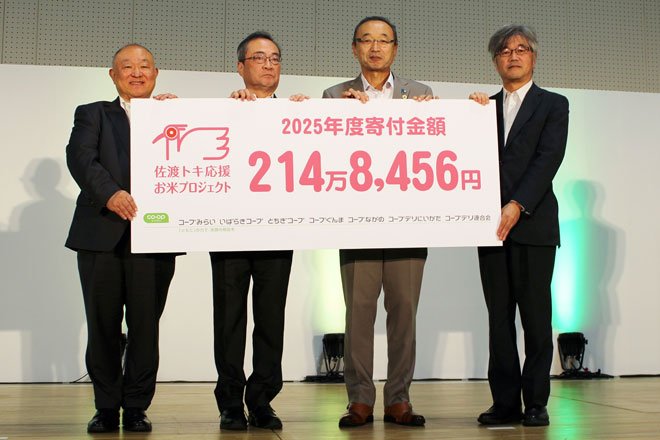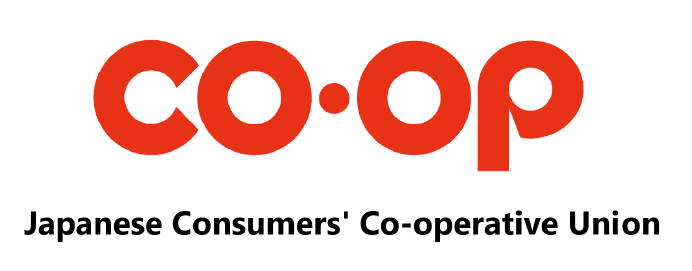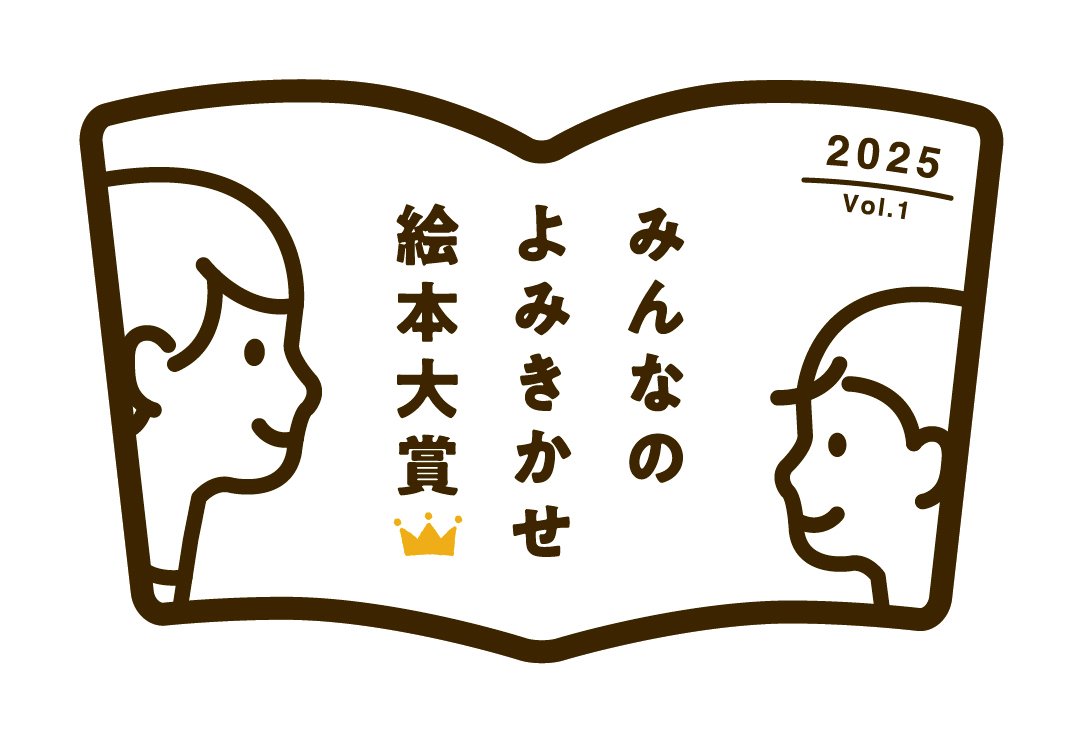JCCU submitted Request for the Review of the Strategic Energy Plan to the Ministry of Economy, Trade and Industry
2018.05.28
On May 15, 2018, JCCU submitted to the Ministry of Economy, Trade and Industry (METI) a "Request for the Review of the Strategic Energy Plan".
The accident at Tokyo Electric Power Company (TEPCO)’s Fukushima Daiichi Nuclear Power Plants in 2011 following the Great East Japan Earthquake resulted in a major change in values for Japanese citizens especially regarding future energy policy of the country. The Ministry of Economy, Trade and Industry held a subcommittee meeting of the Advisory Committee for Natural Resources and Energy, to begin discussing revisions to Japan's basic energy plan.
The plan has since been opened to the public for comments and under this direction JCCU has submitted a request based on citizen’s voice to the ministry suggesting that the revision lead to the realization of a sustainable society.
Even though seven years have passed since the accident, there’s continuing huge damage to the lives of many people in the affected areas, and among those who had been forced to evacuate cannot return home and still live inconveniently in temporary homes.
After2014 when the present Strategic Energy Plan was formulated, there were changes on international front in 2015. The United Nations’ unanimous adoption of the "Transforming our world: 2030 Agenda for Sustainable Development" is one of the major changes.
The Paris climate agreement focusing on the reduction of greenhouse gas emissions has also been set. With this as a culmination, not only in governments but also in the business world, management policies that take environmental and social issues into consideration have been published one after another from a long-term perspective, and the use of renewable energy is the pillar of that. JCCU believes that government policy is required to support these developments and make the movement toward a sustainable society more reliable.
From that point of view, the outline skeleton presented by the Strategic Policy Committee of the Advisory Committee for Natural Resources and Energy of METI on April 27 2018 has not only a great divergence from citizen’s wishes, but also it does not follow the tide of the world toward renewable energy.
JCCU calls on the Advisory Committee to take into consideration the following five points towards the revision of the current Strategic Energy Plan from the standpoint of socio-economic development of Japan and the sustainability of the entire planet.
The request demands the following:
1. Making concrete measures to promote renewable energy and making an ambitious plan to adopt renewable energy as the nation’s main power supply.
Given the global trend towards renewable energy, Japan is expected to significantly raise the target of renewable energy introduction, aim for at least 30% in 2030 and even more than 50% as a developed country. With regards to this the energy plan has to accommodate these measures.
2. Switching completely to the idea of utilizing renewable energy preferentially and reviewing the system operation that is a barrier to its introduction such as the grid connection problem.
3. Energy demand continues to decrease in Japan. Assuming economic growth of 1.7% per year, the Strategic Energy Plan is formulated on the premise that the energy demand in 2030 will increase about 4.2% compared with the value in 2013.
On the other hand, the energy consumption in Japan has declined consistently with peaks in FY 2004, according to the Japan’s Energy White Paper 2017.
Based on this reality, in this revision of the Plan, economic growth prospect should be separated from energy policies and re-formulate policies that correctly considers the effect of continuing and advancing energy-saving measures nationwide.
4. Promoting consumers'/citizens participation in energy policies through information dissemination and interactive communication.
The nuclear accident in 2011 has fostered a lot of discussion among the Japanese people, and the consciousness concerning energy has definitely changed. Japanese citizens therefore know the kind of society they are aiming for and it is important to be given the mandate to join the platform making decision for energy plans.
5. Clarifying the transformation to an energy policy that does not depend on nuclear power generation Looking directly at the current situation in Japan where nuclear accident processing has become a big problem and the back-end problem is uncertain it is important that the basic energy plan be given a greater consideration.








